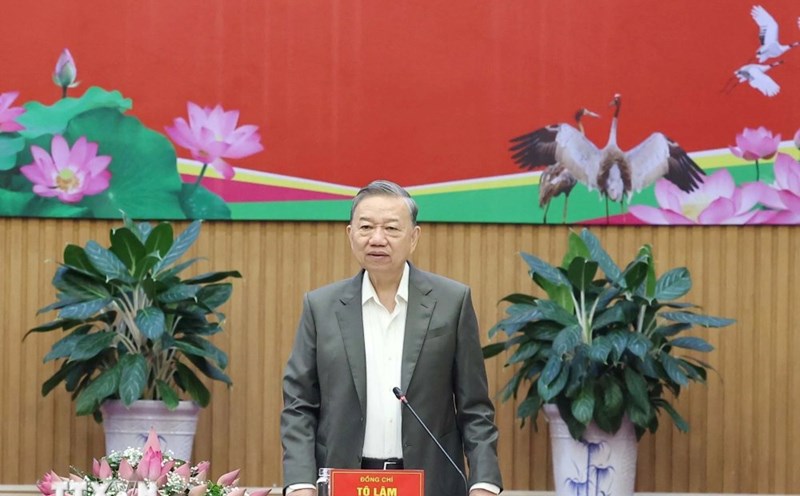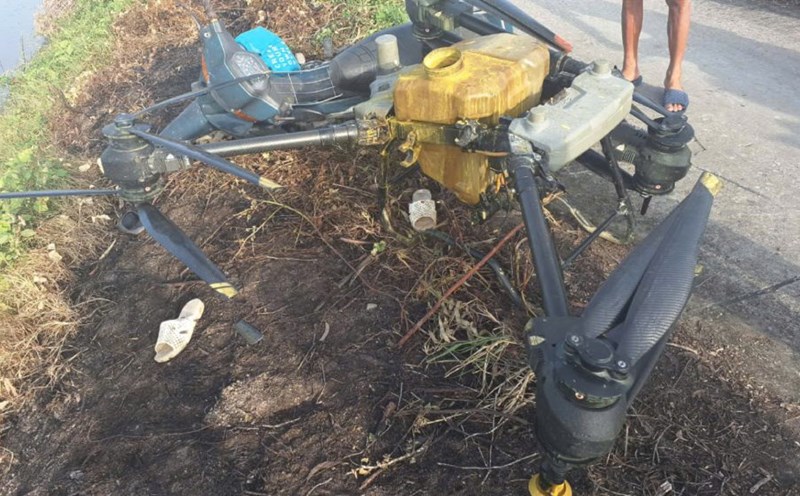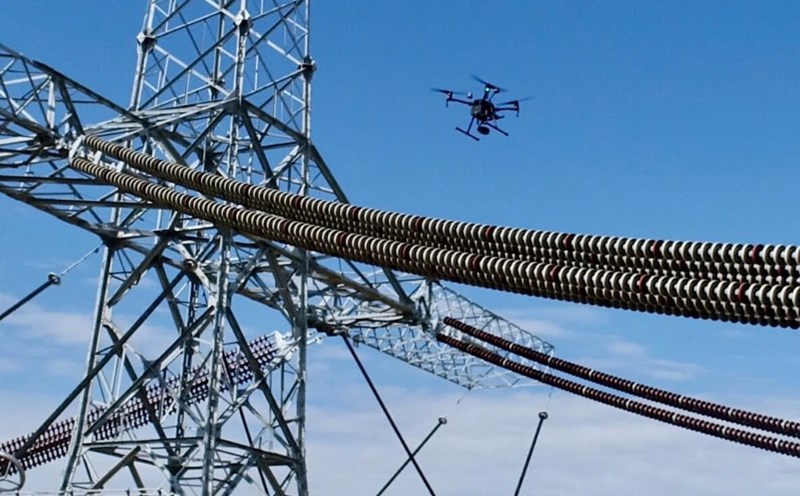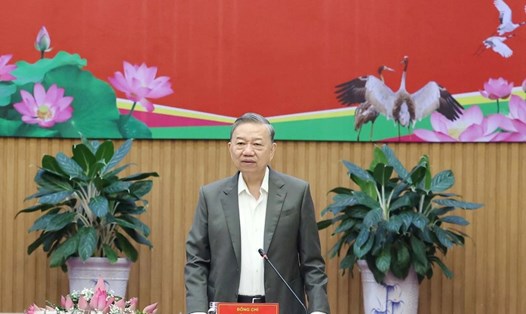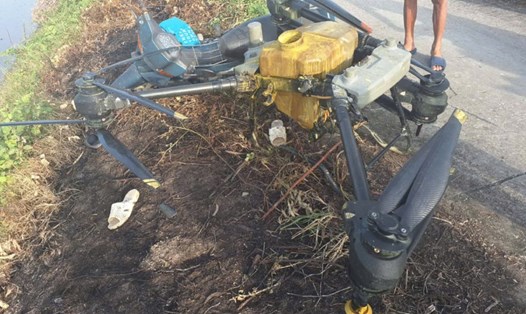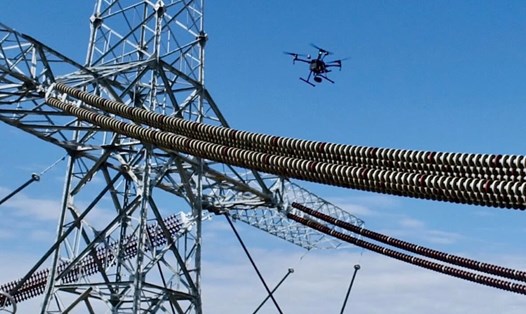Risk of "great fire"
According to Master Nguyen Phuoc Tuyen - former Director of the Agricultural Extension Center of Dong Thap province, with many shortcomings such as the current agricultural drone, it seems like a group of "small fires" and if there is no drastic intervention solution, the possibility of a "great fire" will break out.
Mr. Tuyen cited that when spraying herbicide on rice fields but agricultural drone drivers do not understand the principle of wind speed, the medicine will fly through neighboring fields. This not only consumes money, but also imposes an unintended amount of medicine on the land bordering the border, negatively affecting crops and directly threatening the environment and ecology.
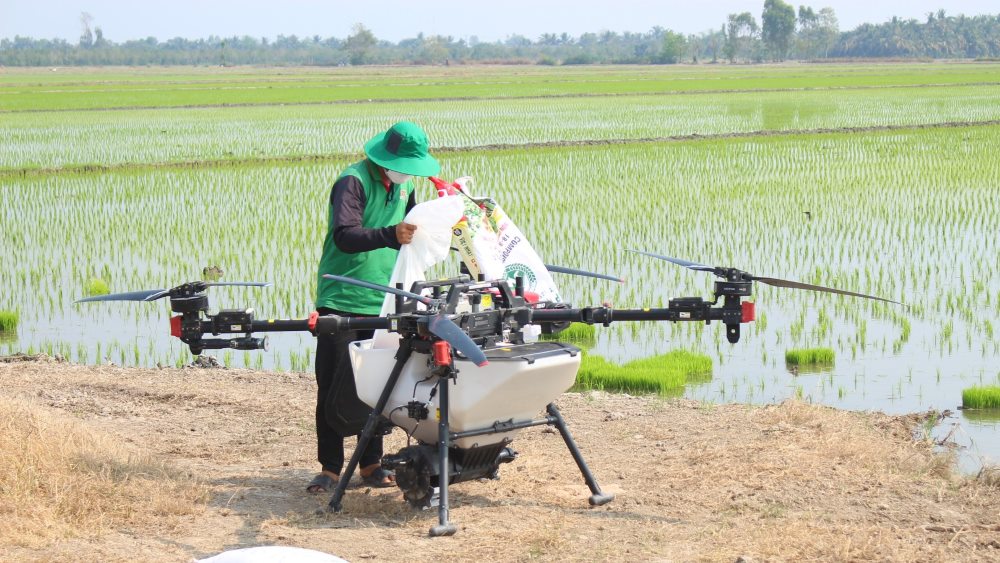
On the other hand, agricultural drones have many different sprayers such as centrifuge, high pressure, static electricity... to ensure the supply of each type of fertilizer and medicine to meet each crop growth period, pests, and nutritional needs. That is not to mention the time of spraying for the drug to maximize its effectiveness...
In the days of following drone teams in many localities in the Mekong Delta, we have found that the majority of drone drivers only use each centering spraying function and spray at any time of the day according to the order of the registered person... There are many reasons, but mainly to maximize profits.
It is also possible that the "self-training" of drone control techniques will form a "spontaneous" generation of farmers, taking the operation and control lightly, thereby easily leading to unfortunate incidents that threaten human life.
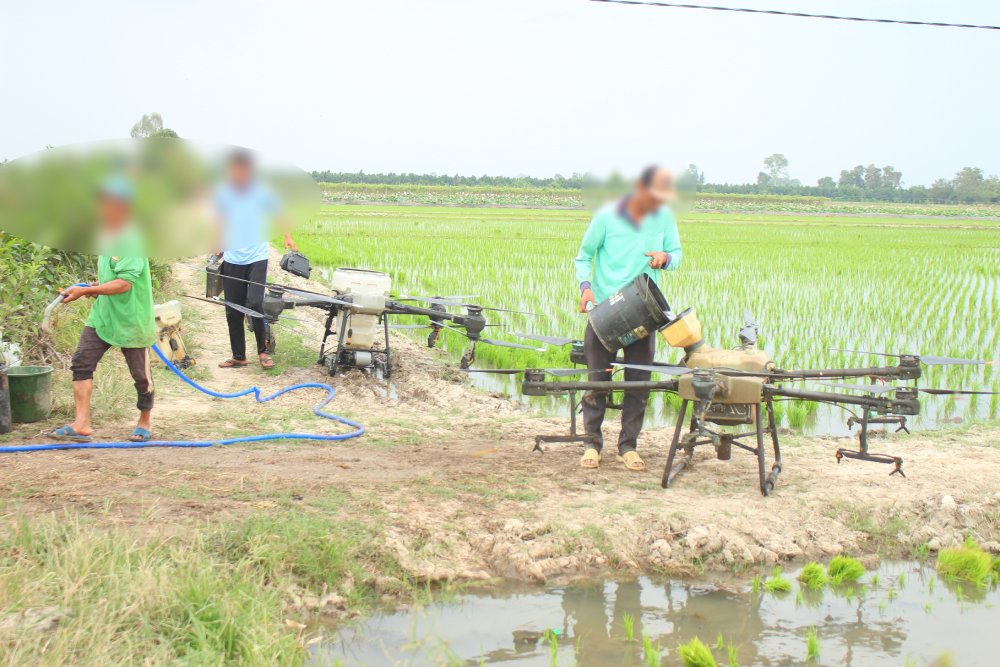
"Even after receiving in-depth training and grasping the principle of four correct drugs (right medicine, right plants, right harvest time and right dosage), service drone drivers need to advise farmers with all their heart, in addition to profit, focusing on environmental impacts. Therefore, the role of a "conductor" in this field is extremely important. We must make farmers understand that piloting drones is not easy and not just spraying with drones is absolutely effective," Mr. Tuyen added.
Experts say it is time to restore order in agricultural drone management nationwide with policies that are both drastic and promoting.
Director of the Department of Agriculture and Rural Development of Dong Thap province Nguyen Van Vu Minh analyzed that currently, many cooperatives invest in types of services such as drones and have contracts with farmers, but do not calculate long-term.
Every cooperative invests in service types, so who will serve who? Thus, in the future, the role of the state is to strengthen control and management to avoid causing market chaos," Mr. Vu Minh acknowledged.
According to Mr. Minh, as soon as the quantity and purpose of use are controlled, each cooperative must proactively register, apply for a license, and ensure flight range according to regulations on security, national defense and local regulations.
Do not let farmers swim by themselves
According to Master Tuyen over the past decades, many advanced agricultural countries have sought to minimize the negative effects of drones. Thailand has built a training program to manage the operation of this device. To have the right to control drone equipment in agricultural production, " pilots" are required to complete training courses coordinated by the Ministry of Agriculture in coordination with the Ministry of Health and the Civil Aviation Authority. On average, Thailand trains about 20,000 people each year and to date, the number of degrees is about 220,000 people.
Agreeing with this view, Director of the Department of Agriculture and Rural Development of Dong Thap province Nguyen Van Vu Minh said that agricultural drones are a special type, so they need to have a suitable and highly qualified human resource, not only simply controlling flights but also being knowledgeable about agricultural technology and techniques.
Agricultural drone operators need to have knowledge of agriculture, be able to advise farmers and provide the best services. In the coming time, it is necessary for the agricultural sector to coordinate with a number of sectors such as science and technology and labor to calculate this," said Mr. Minh.
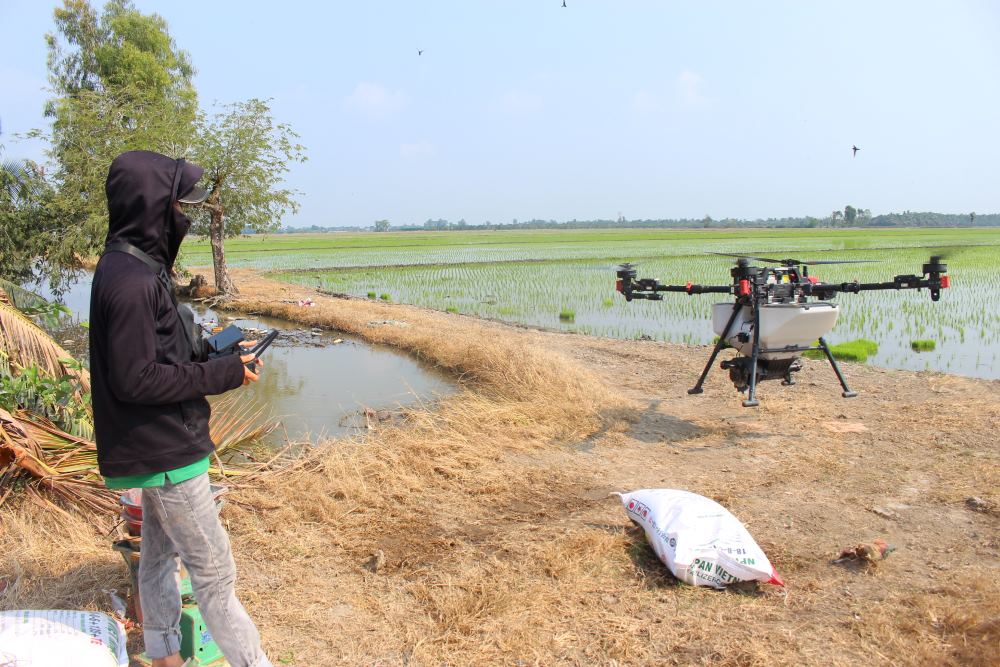
Master Nguyen Phuoc Tuyen evokes the story that currently, in the world, people call farmers "the 4H" (Head: head, Heart: Heart, Hand: Hands, Health: Health). This rule covers all the necessary factors to become a modern farmer. Therefore, for sustainable development, training work must be clearly defined.
"The situation will become more difficult and extremely dangerous when farmers swim by themselves, self-study and many units coordinate to work together, overlapping many loopholes," said Mr. Tuyen.
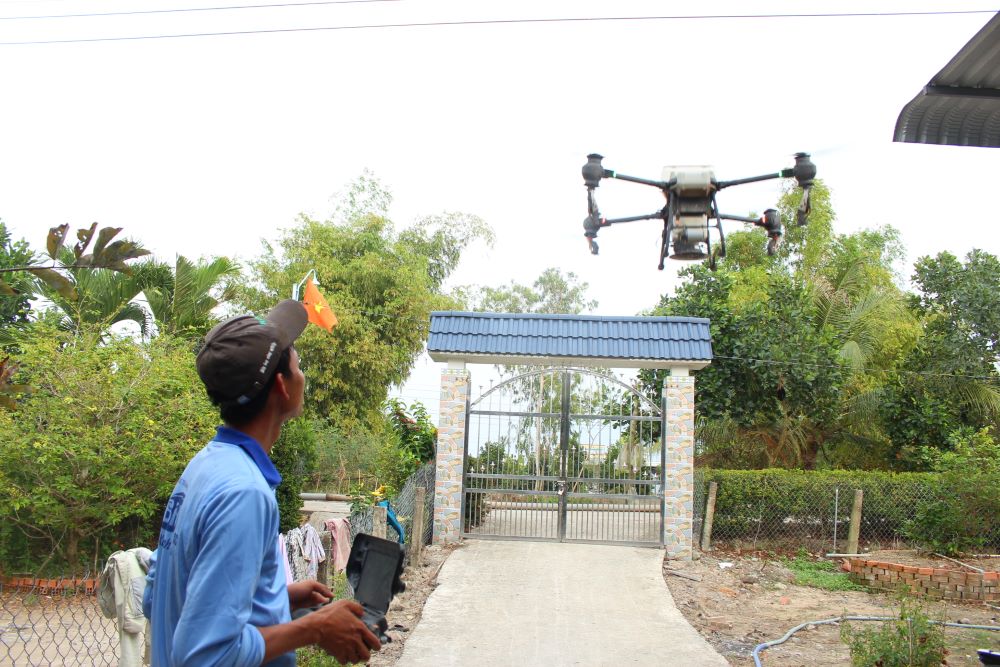
According to some experts in the Mekong Delta region, in the context of strong development, training drone vocational training classes is also a good idea. Drones are quite expensive, often have problems in operation, and each time the drone falls, it can cost tens of millions of VND to repair.
I think vocational colleges have a job orientation and open up new majors such as drone repair, which is also a positive direction. The mechanical industry should also expand this branch to adapt to market demand. Above all, we cannot just stick to airplanes and tractors but need to create human resources to serve sustainable agriculture in the future, Mr. Minh added.

